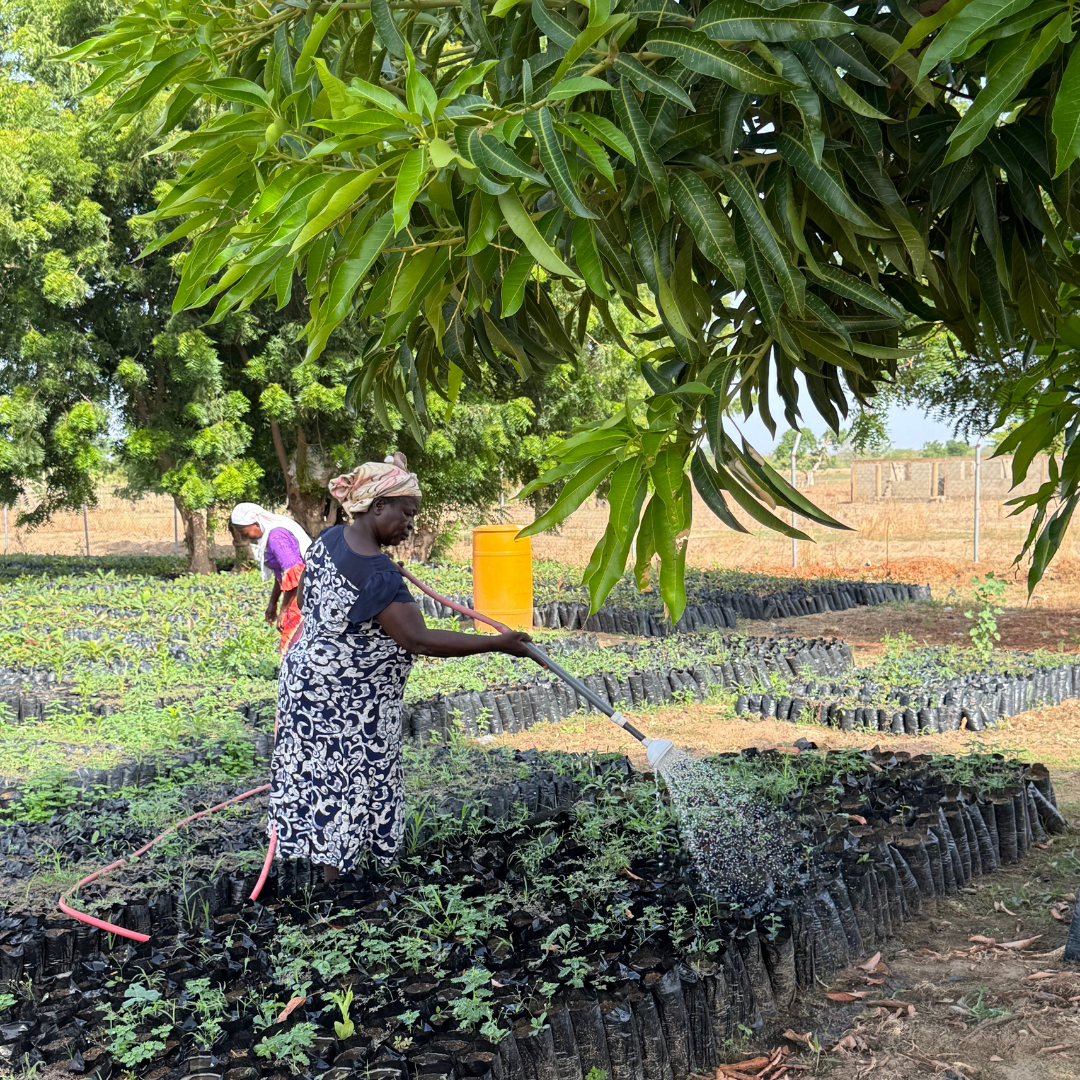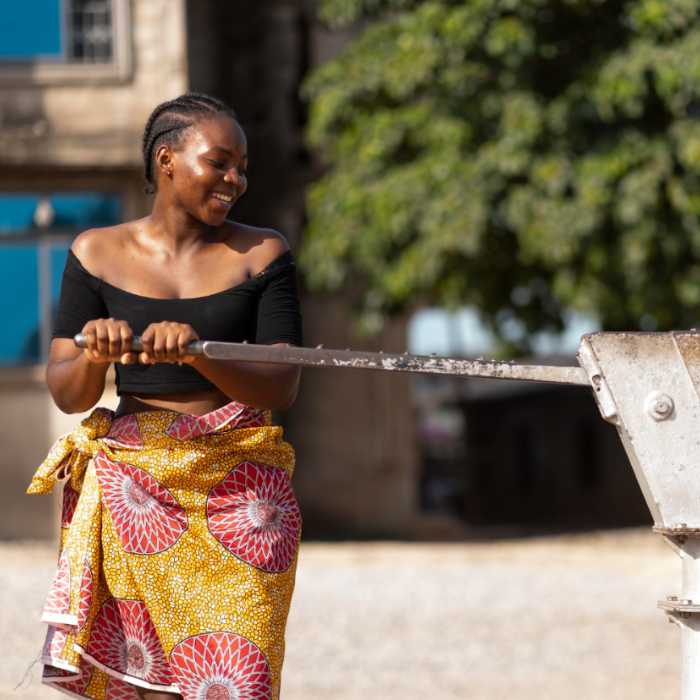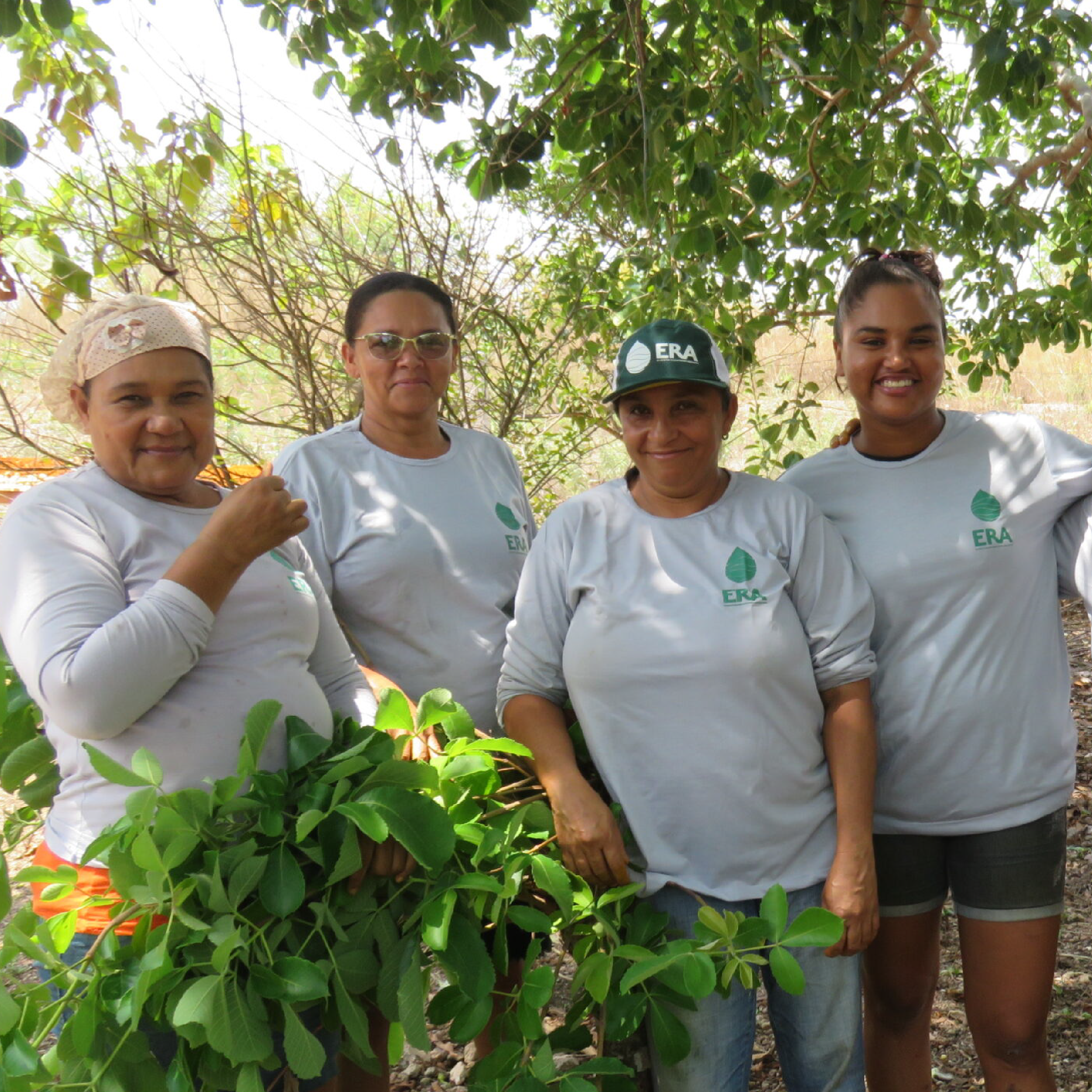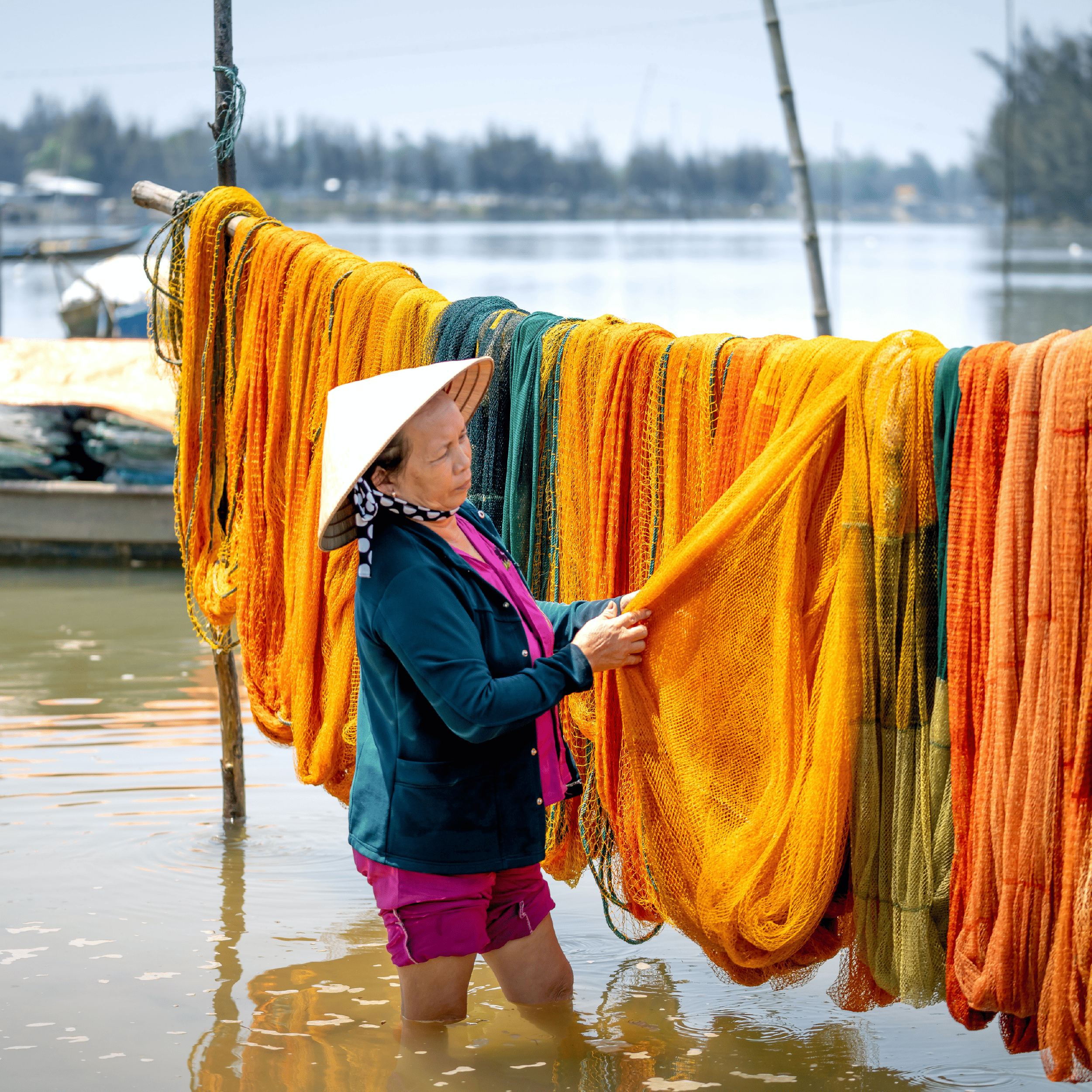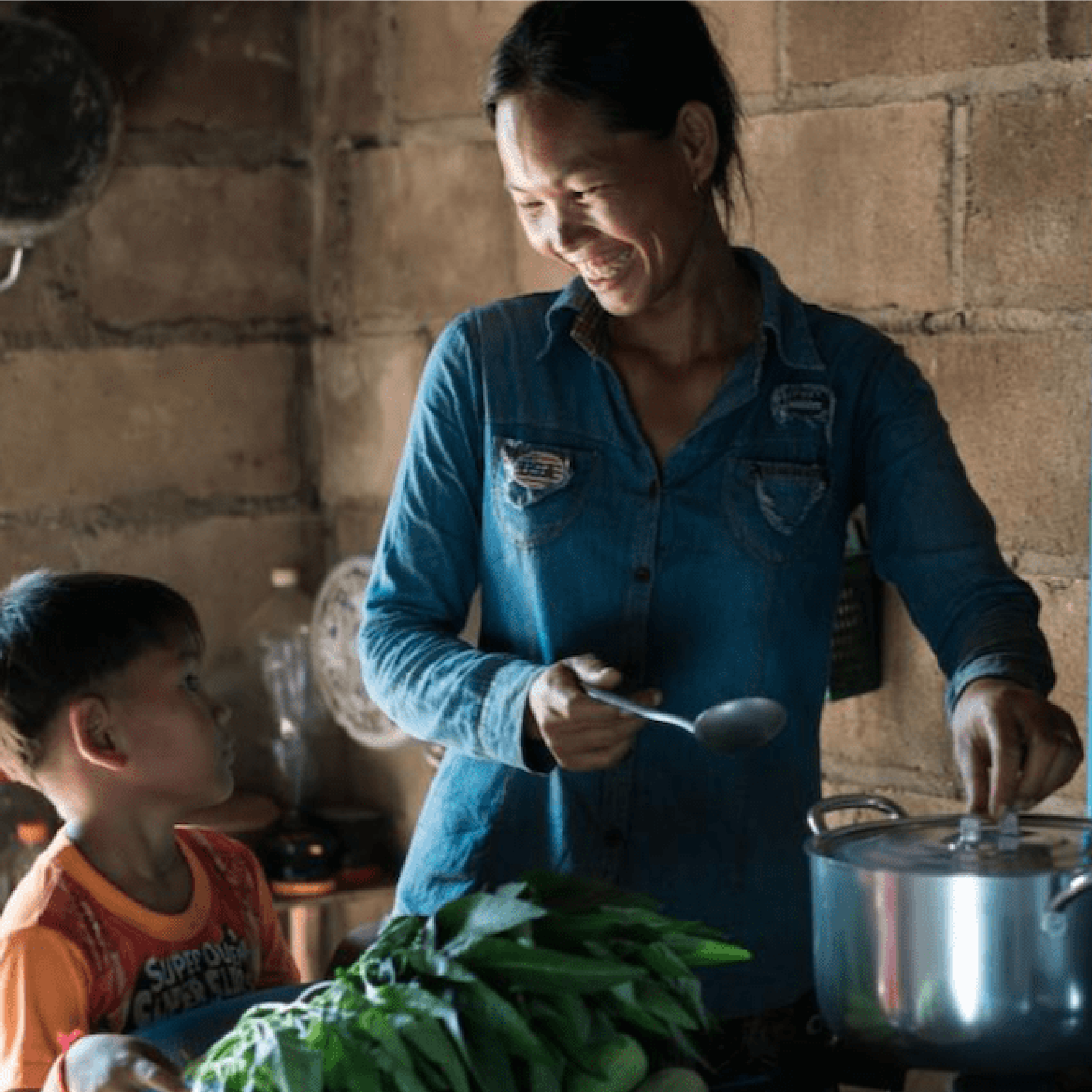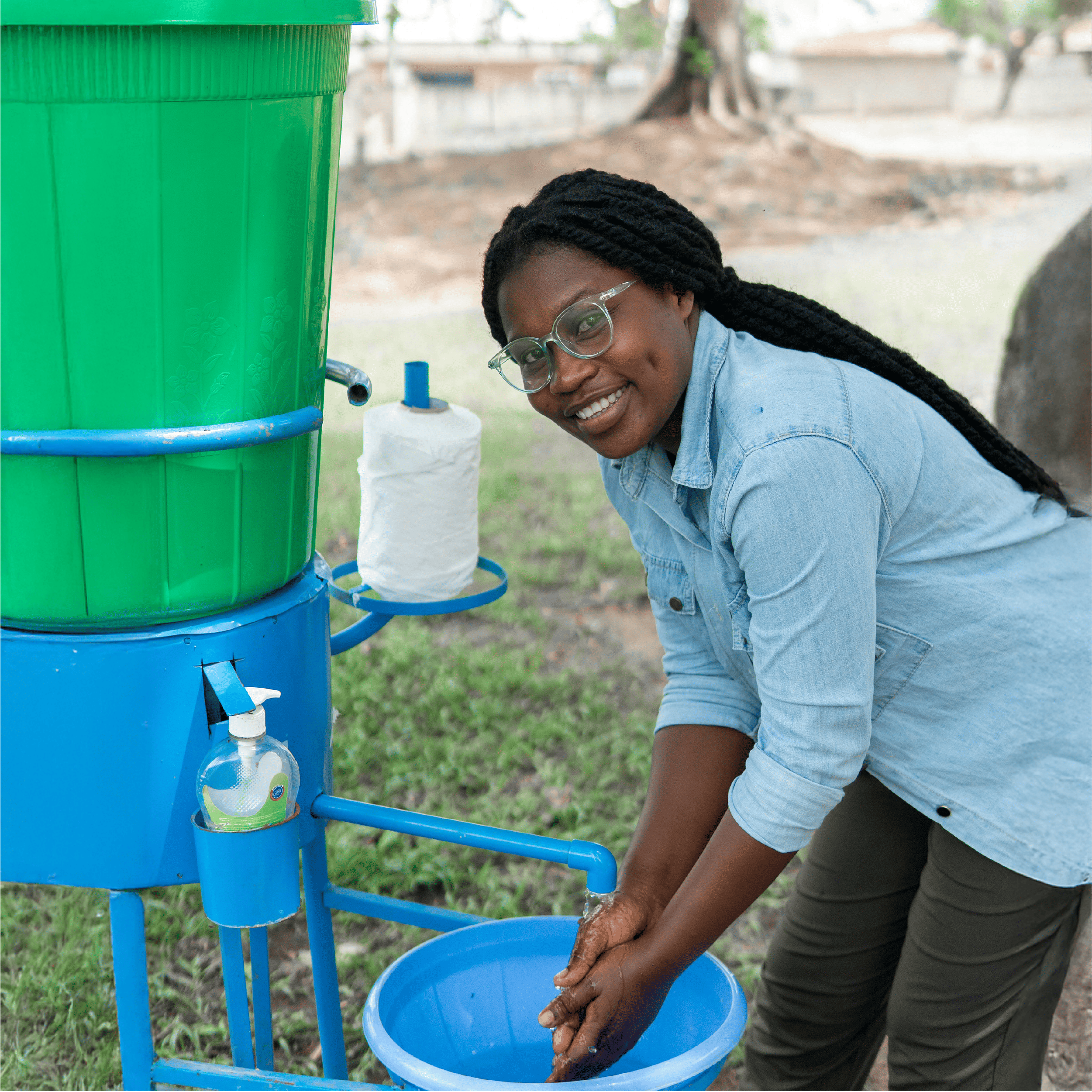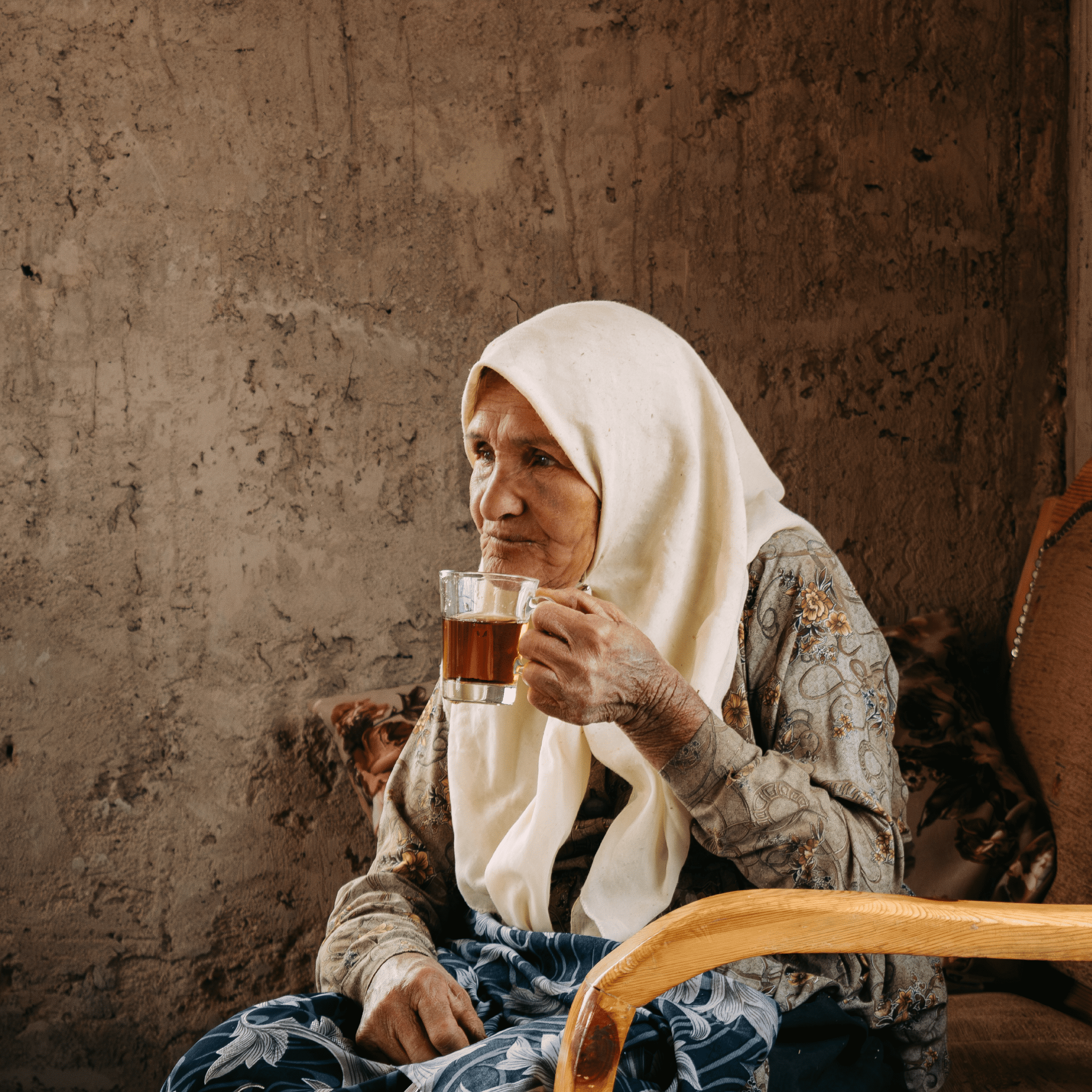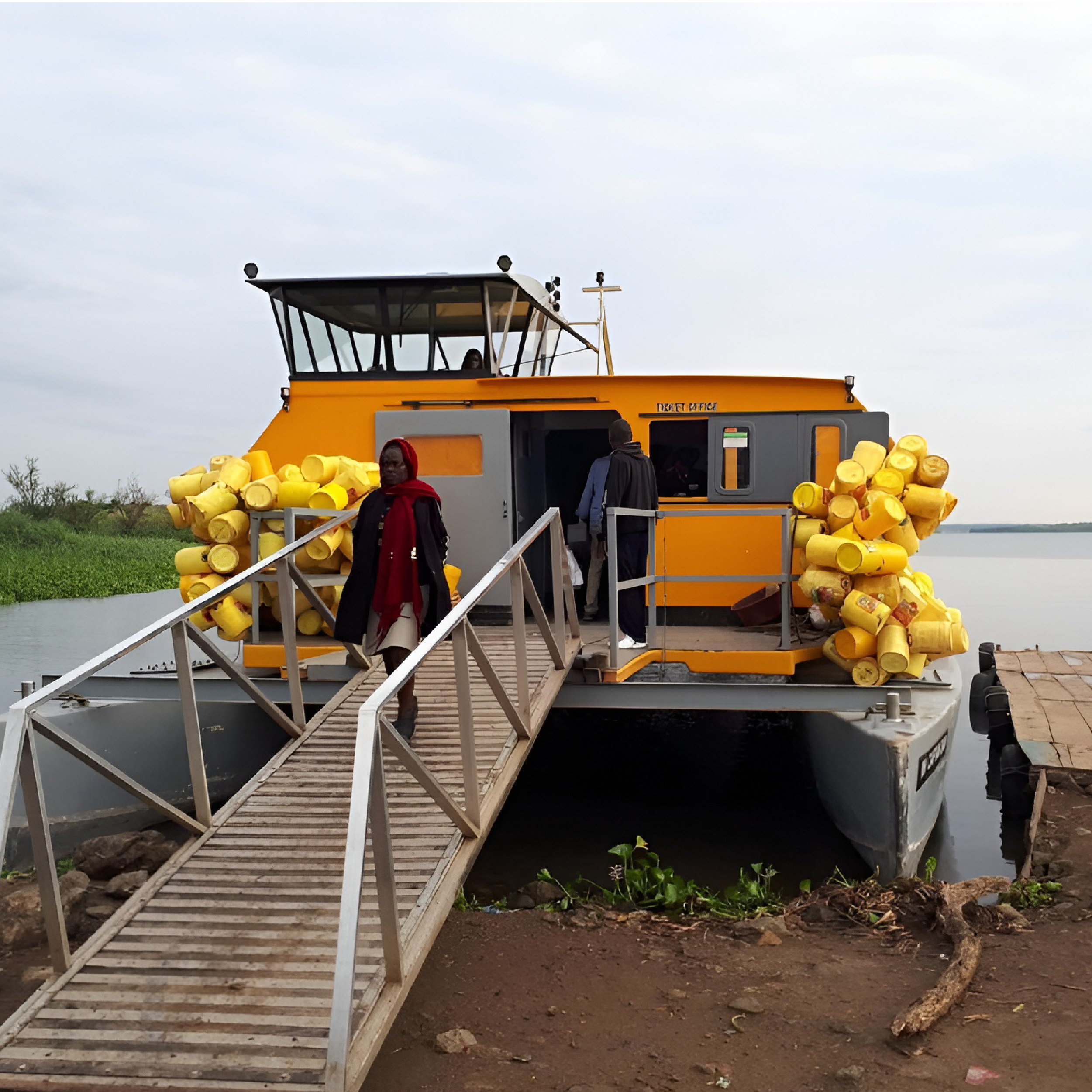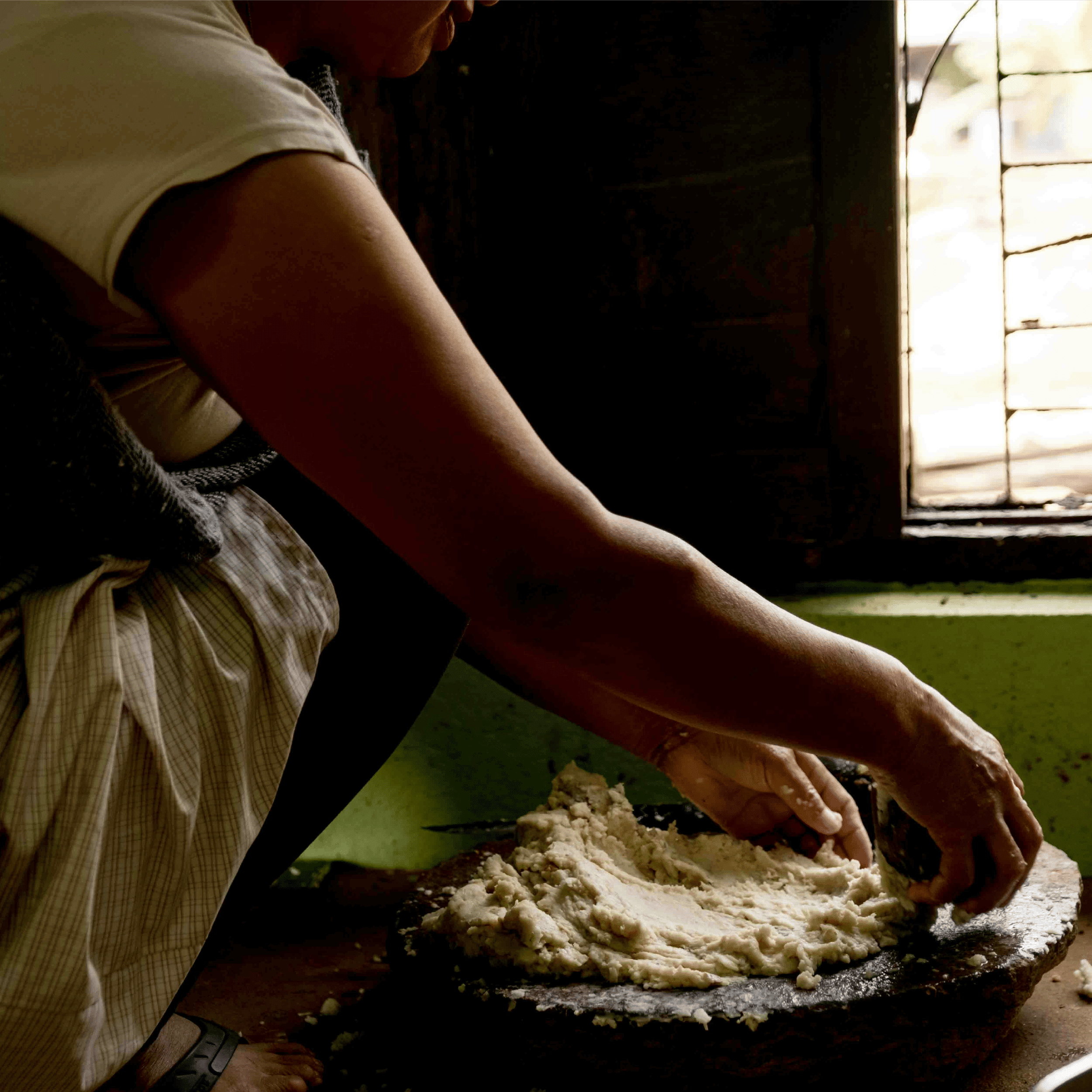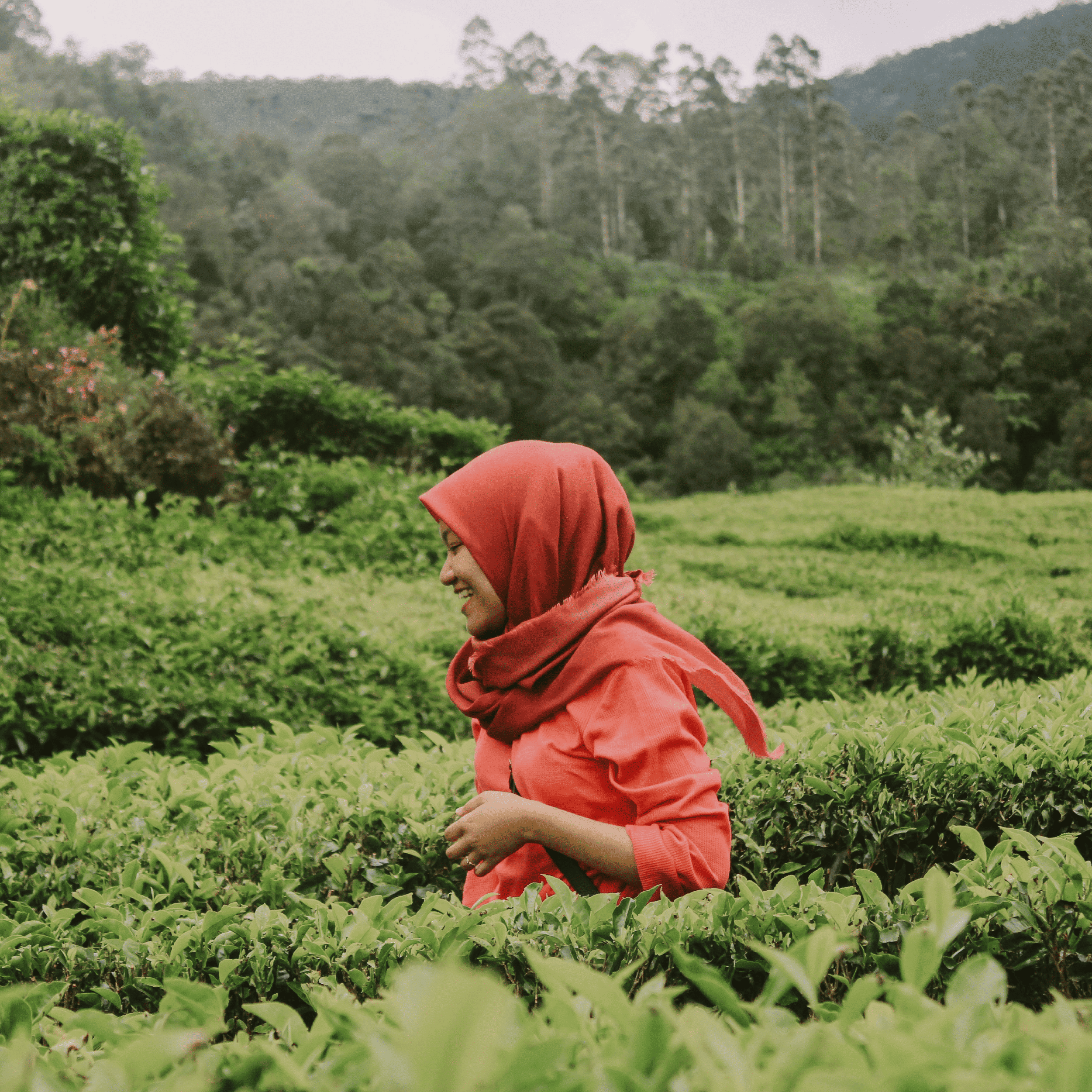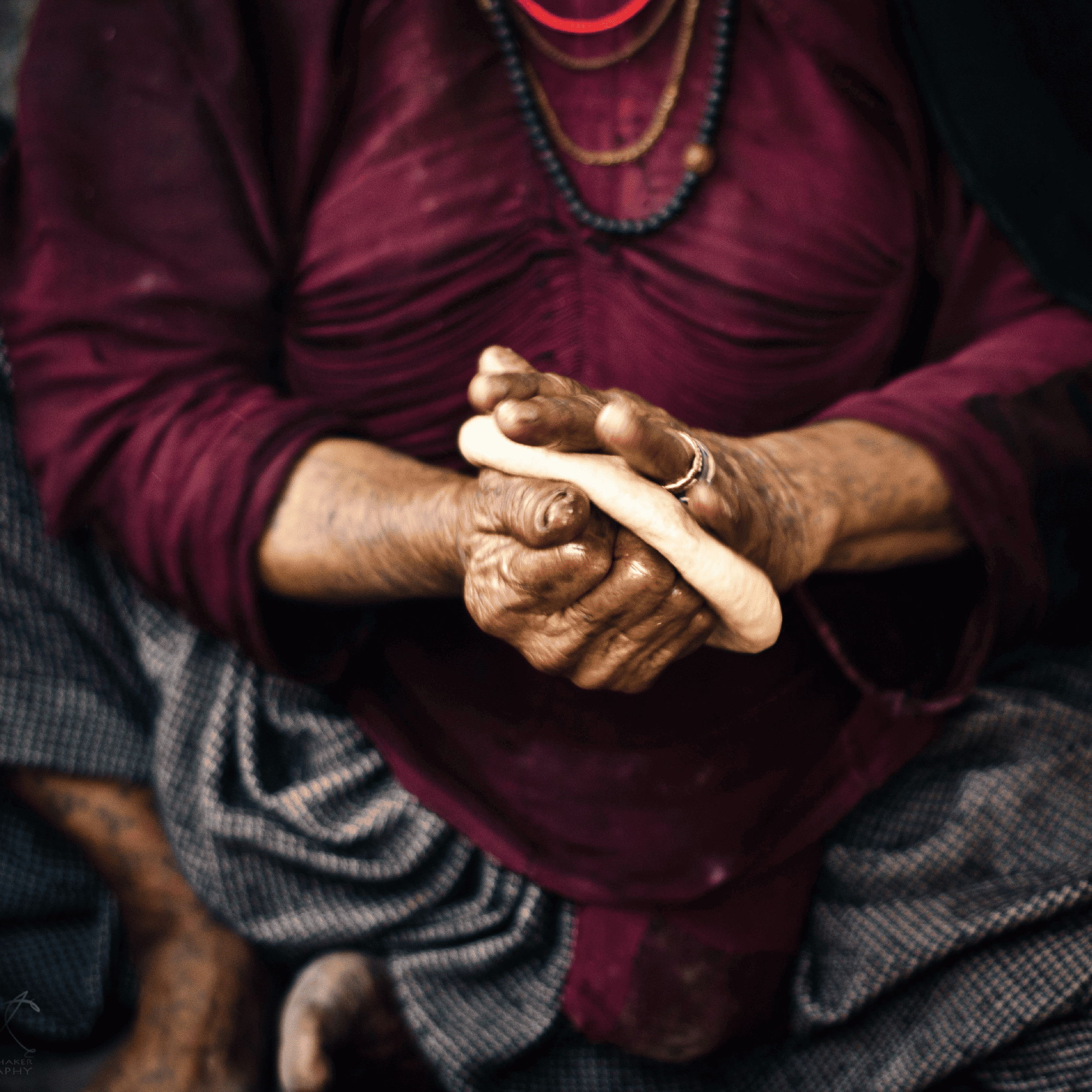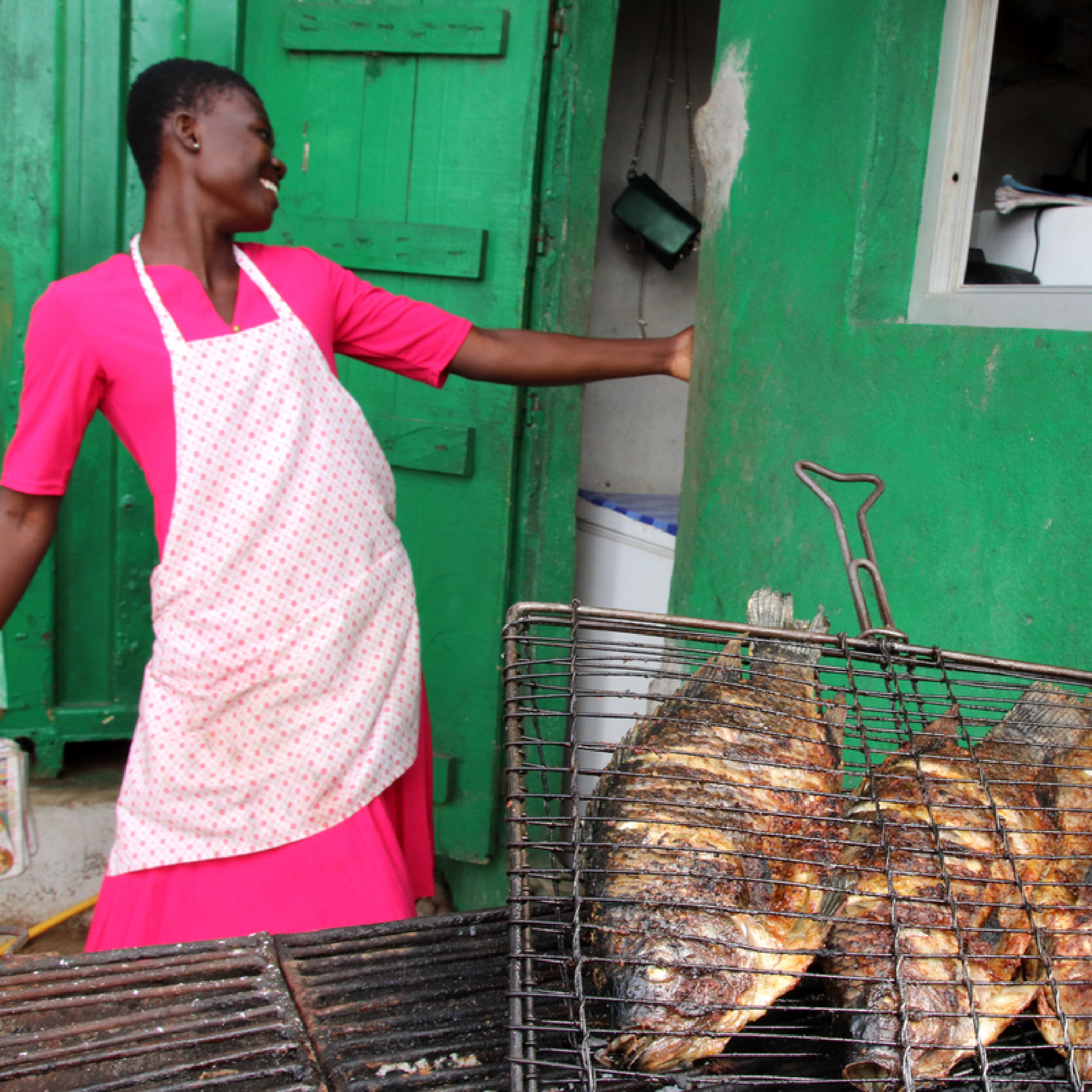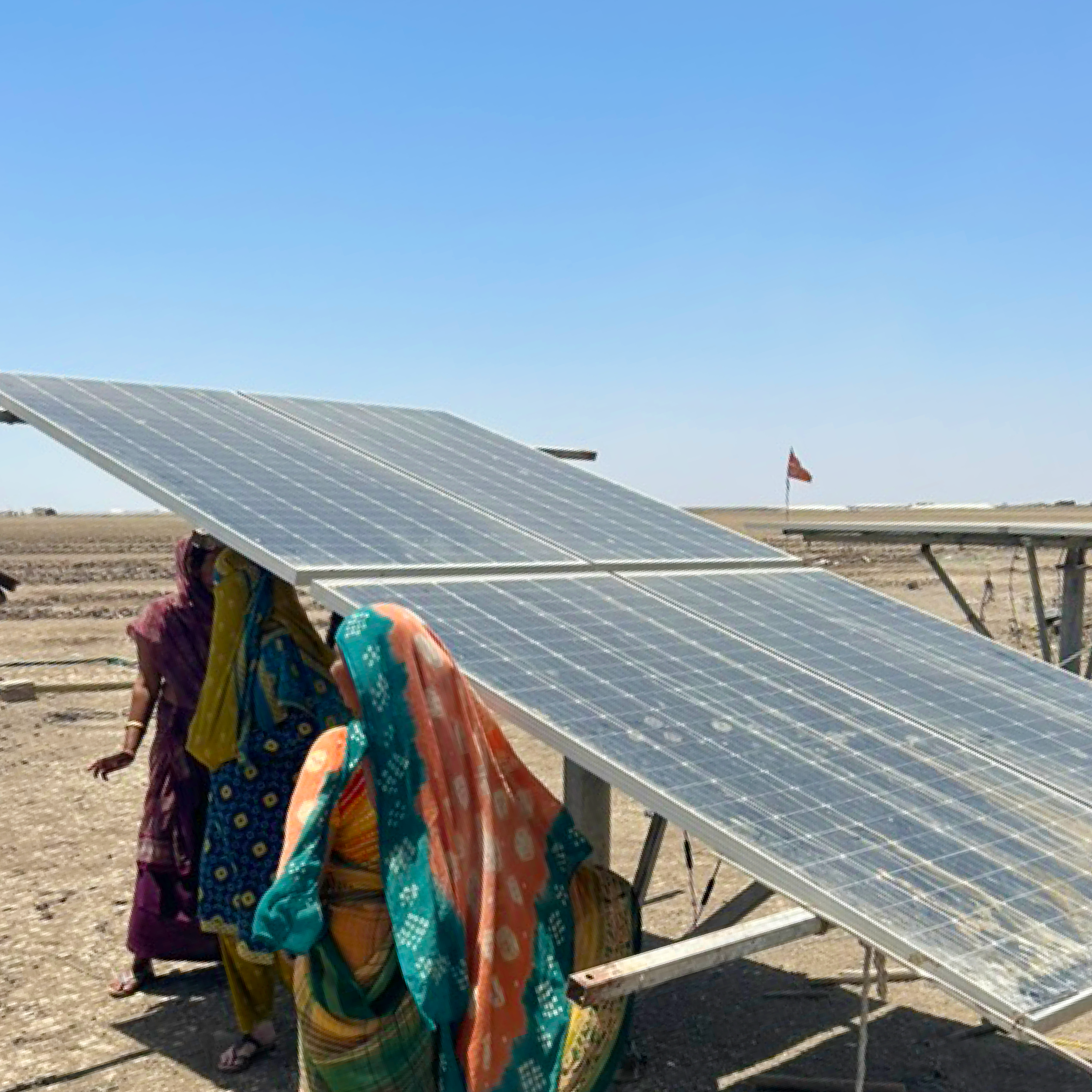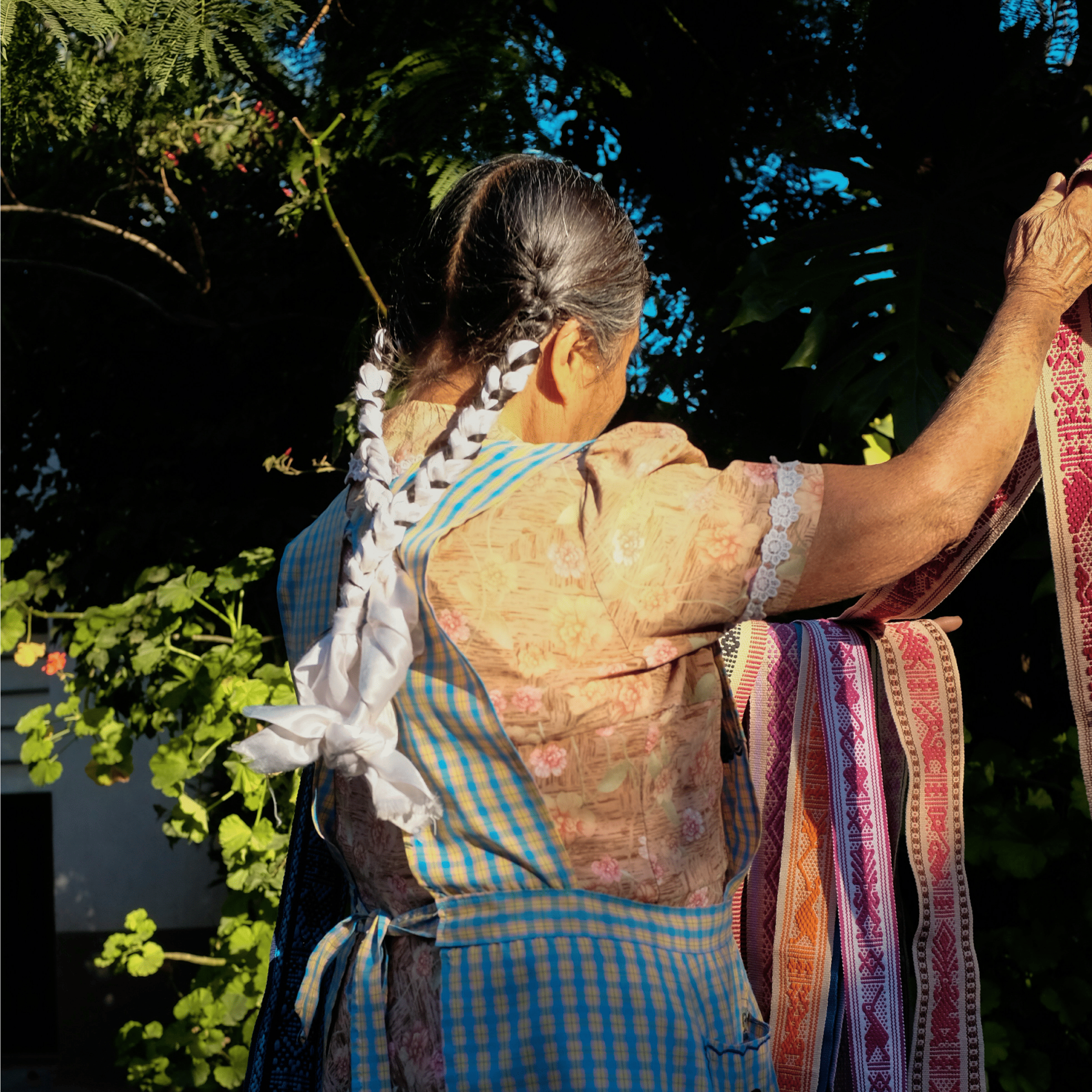Restoring Mangroves, Securing the Sunderbans
Empowering women with community-owned honey production and sustainable forest-based livelihoods.

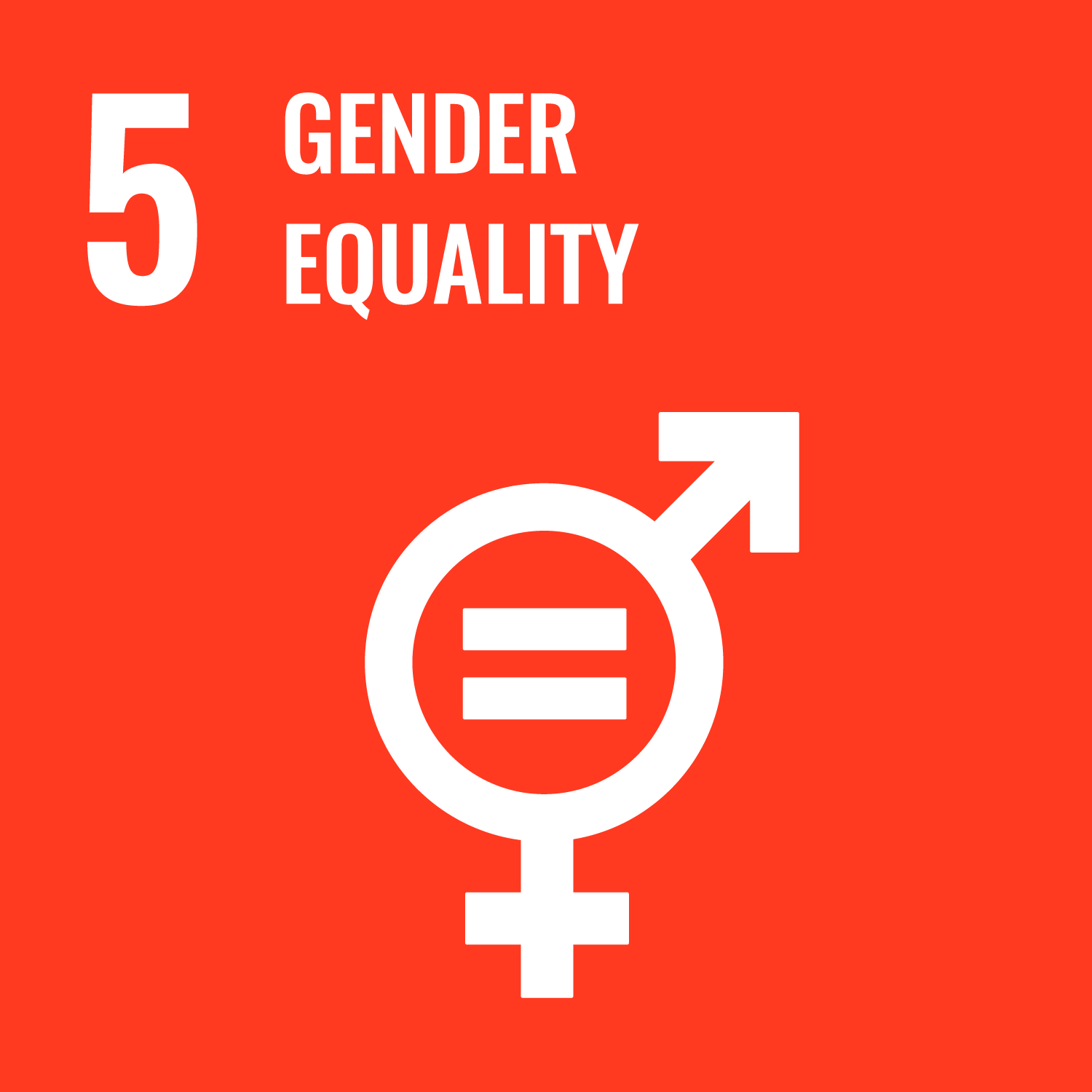


The Story: From Shorelines to Sustainability
In the fragile Sundarbans delta, rising seas and stronger cyclones threaten both ecosystems and livelihoods. To respond, the project began planting mangroves across degraded shorelines in 2021—natural barriers that protect coastal communities while restoring biodiversity. But planting trees alone wasn’t enough.
Women, often the most affected by climate shocks yet excluded from formal work, became central actors. They now cultivate nurseries, manage project offices, and lead the Baha’Mou honey enterprise, producing and marketing “golden honey” as a new source of income. Their participation is not symbolic—it shifts power, placing women at the heart of climate resilience and community development.
This dual approach—ecosystem restoration + women-led livelihoods—is already showing results: degraded lands are coming back to life, and women who once lacked income opportunities are now building businesses and planning future ventures, like reviving fisheries. Together, these changes signal a model for how climate action can drive both environmental and social transformation.

Quick Facts
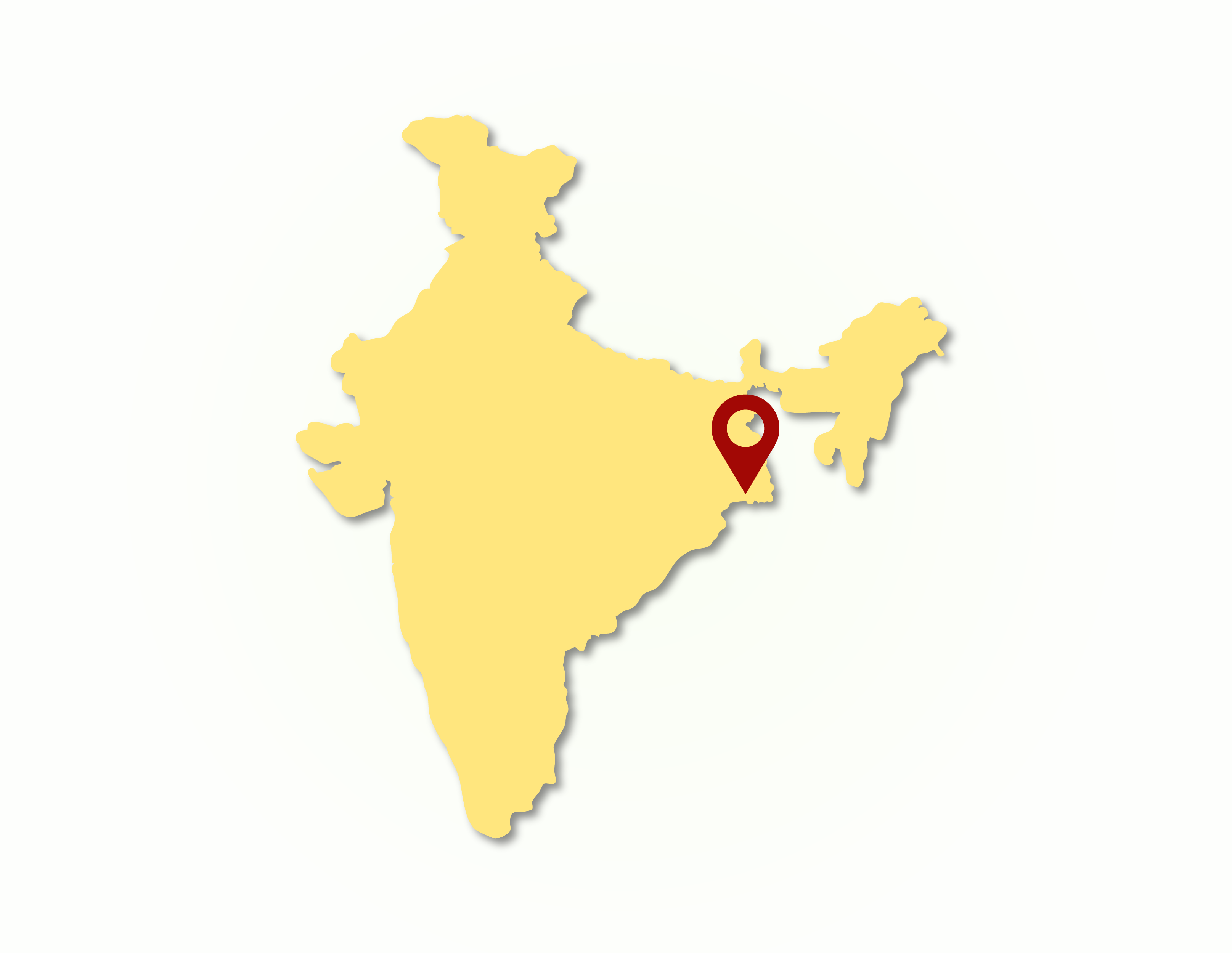
Goal:
- Restore degraded mangrove habitats (1,200 ha) to build climate resilience while creating sustainable, women-led livelihoods.
Location:
- India
Metrics:
- 2,500 women engaged in tree planting and livelihood activities
- 15 women in direct honey production business
- Survival rate of mangrove saplings: 56% (monitoring ongoing; goal 80%)
Standards & Certification:
- Standard – Income & Assets Domain
- Verified under Voluntary Carbon Standard (VCS3360)
What We Did
- Restored mangroves: Planted 1,200 hectares of mangrove saplings across 23 Gram Panchayats in West Bengal’s Sundarbans.
- Created women-led livelihoods: Launched the Baha’Mou honey enterprise, employing 15 women to produce and market high-value honey.
- Built local capacity: Engaged 2,500 women in nurseries, planting, and project operations with equitable pay.
- Prepared for scale: Developing a women-managed fisheries initiative to revive abandoned ponds for food security and income.

Results & Impact
Environmental Impact
- Mangrove sapling survival rate: 56% (monitoring ongoing, target 80%).
- Coastal protection: Strengthened natural barriers against flooding and cyclones.
- Carbon sequestration: Verified under Voluntary Carbon Standard (VCS3360).
Women’s Empowerment (W+ Domains)
- Income & Assets: Women earn new, reliable income from honey production and nursery work.
- Leadership: Women manage business operations and participate in decision-making.
- Time: Reduced economic dependency gives women more control over their daily lives.
Social Reach
- 2,500 women already engaged in income-generating activities.
- 15 women entrepreneurs directly leading honey production and sales.
- Growing recognition of women’s roles in local governance and resource management.
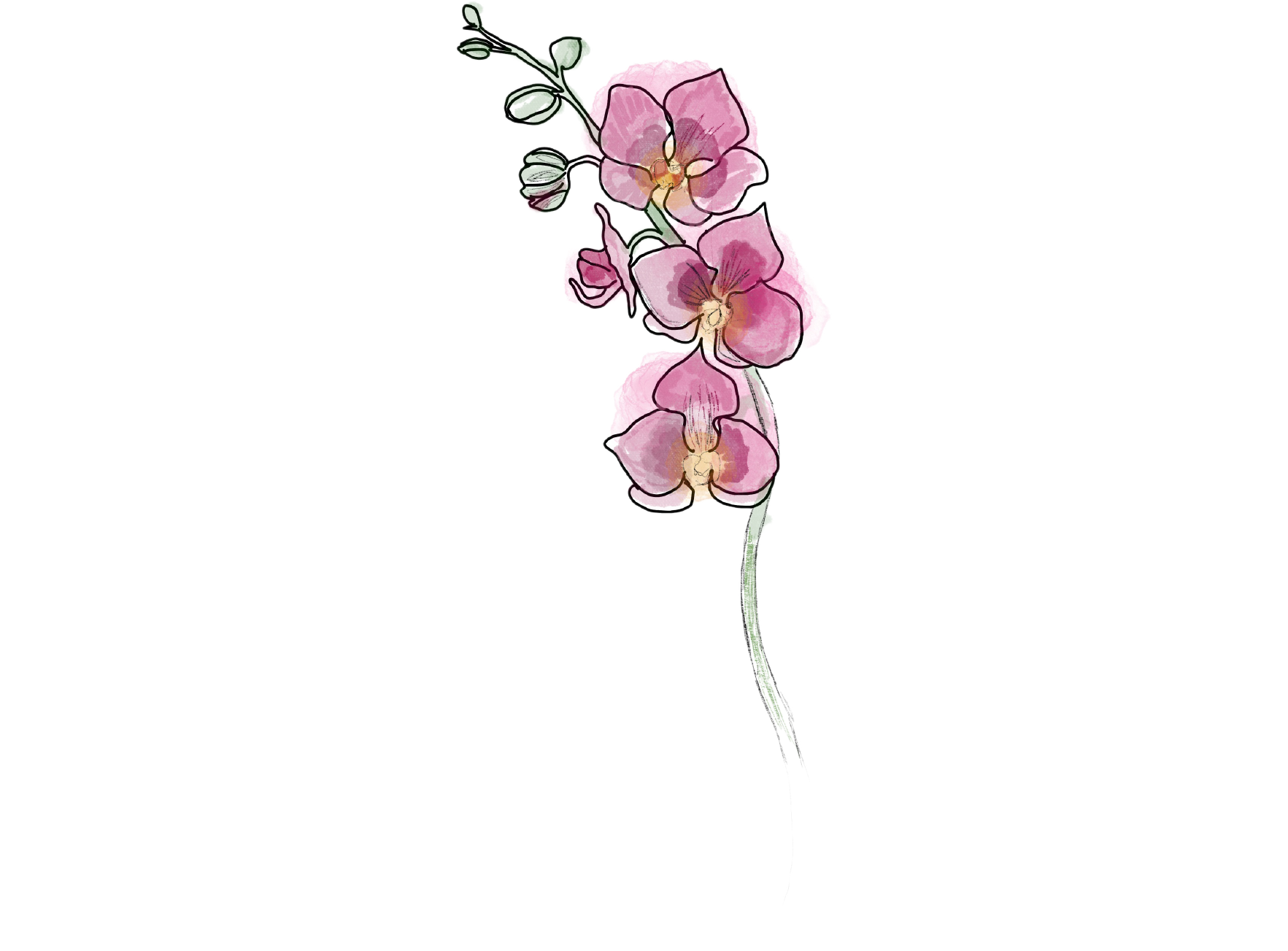
In the Field
Behind the scenes of projects directly from the technical experts on the ground.


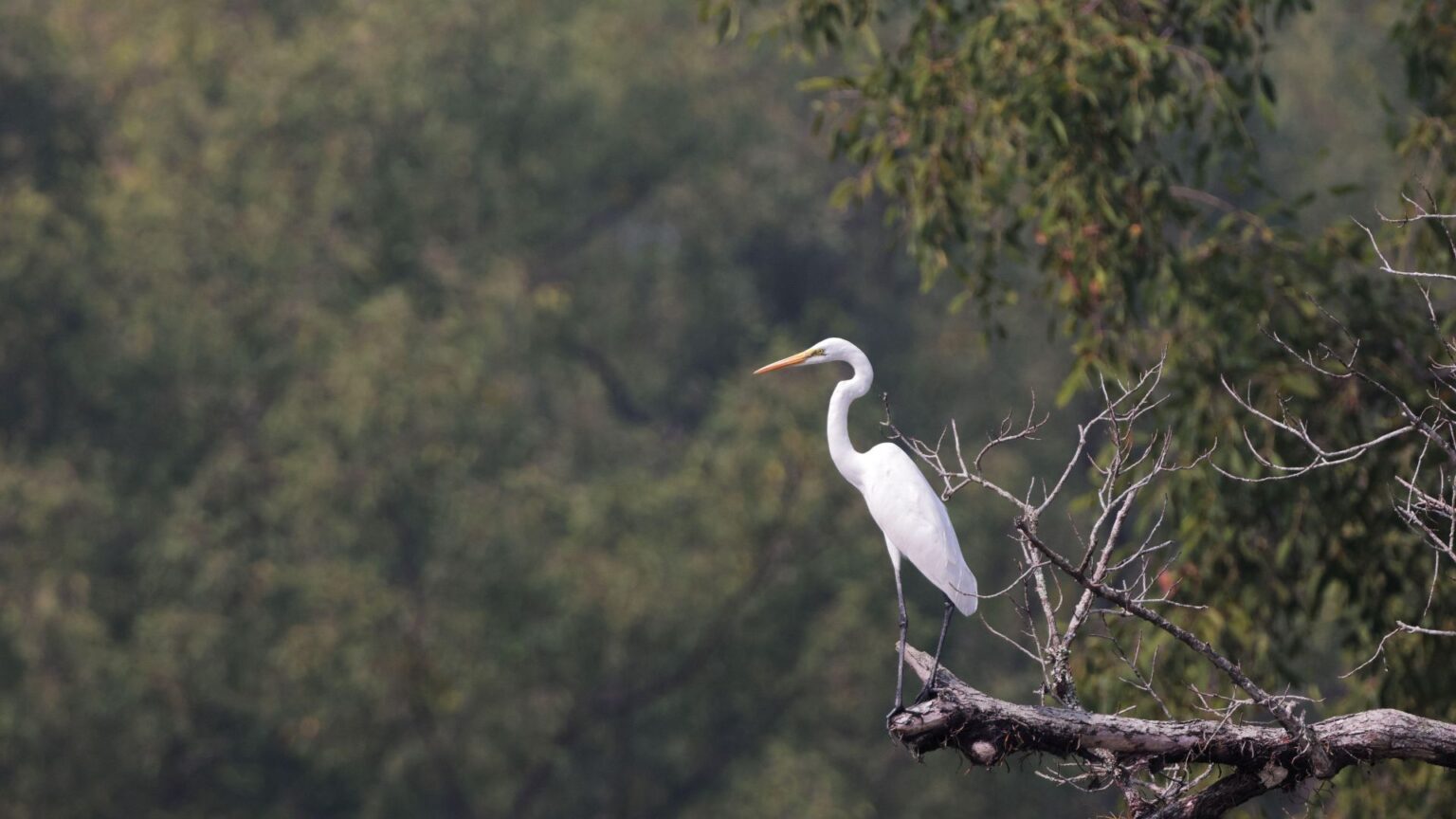
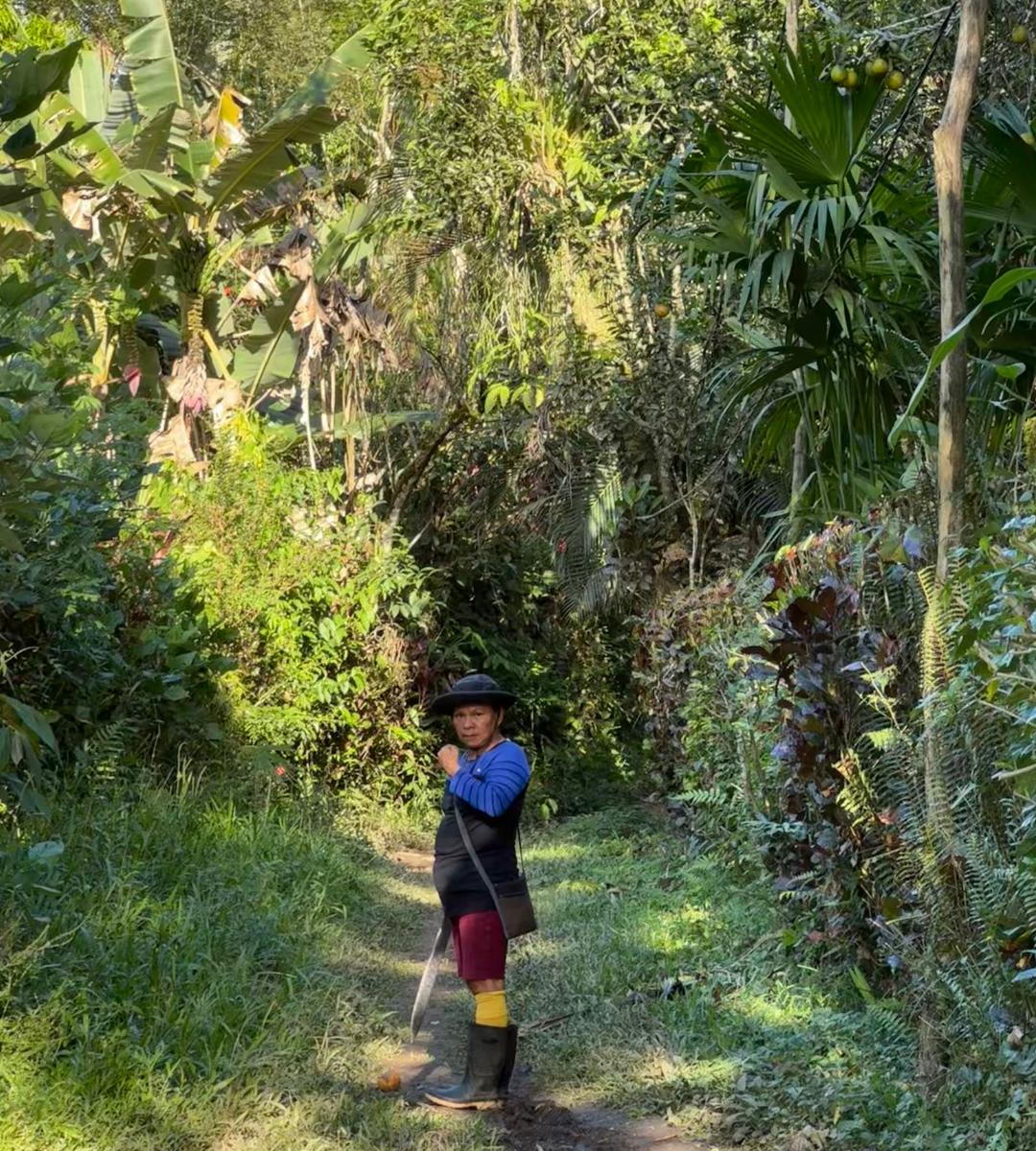
.jpeg)
